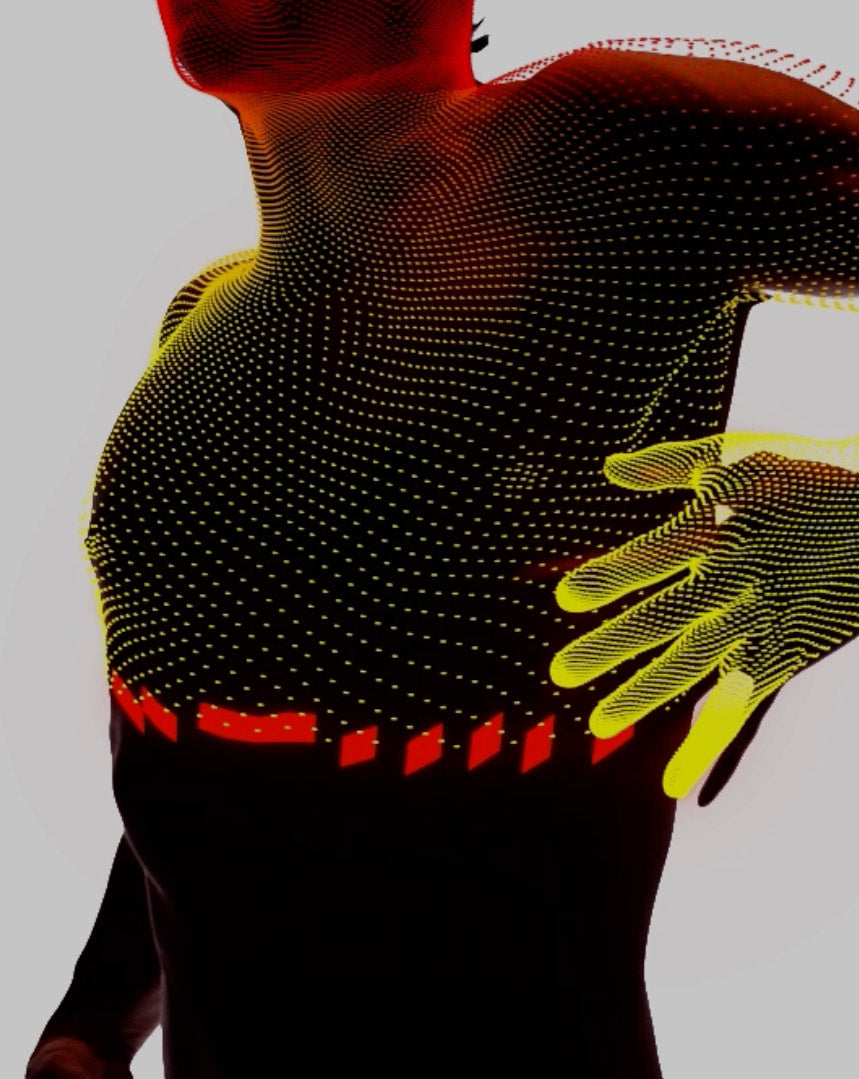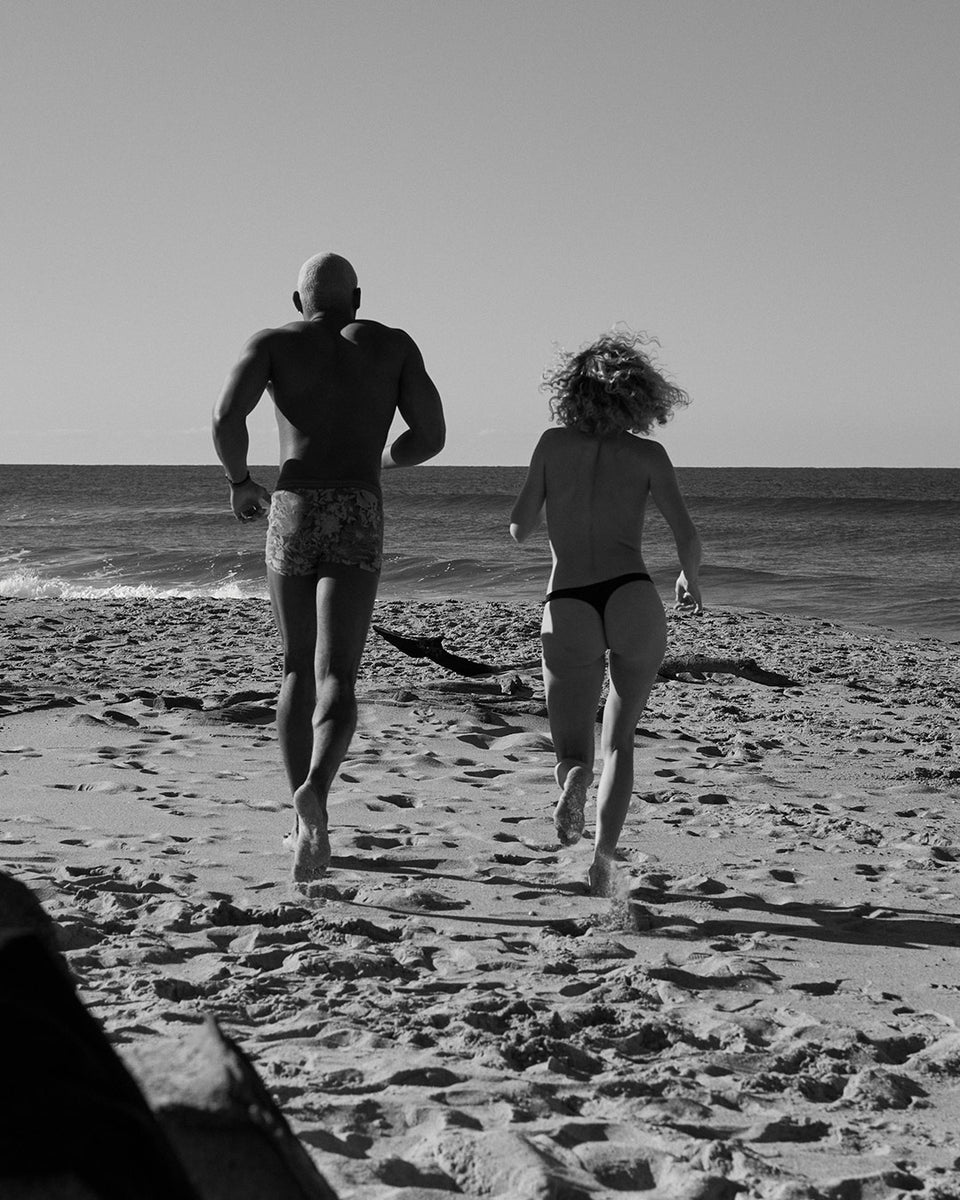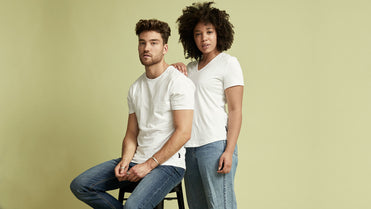It’s Plastic Free July and as we try to go without, we’re reminded just how ubiquitous our petrol-based polymer 'friend' really is.
When it comes to Tees we've got it under lock and key – the trifecta of 100% natural fibres, biodegradable packaging and free repairs for life means that Citizen Wolf Tees are one less thing weighing on your mind this July.
We were intentional with our design decisions, and you were intentional with your purchase - and that’s something to be proud of ❤️
But we literally cannot move without noticing all the other places that single-use plastics abound. It’s actually scary to think how addicted we've become to petroleum products in only a few decades, and how difficult the fight to ween us off them is proving to be.
At times like this we take even more notice of people trying their hardest, which is why we love the team at ReCo and we're proud to collab with them this July to help tackle single-use plastic in the laundry and kitchen.
Twin evils: single-use & microplastics
The world’s plastic problem can be (mostly) distilled to two things: single-use plastics and microplastics. Although single-use plastics eventually degrade to microplastics, we find it’s easier to treat them as two separate problems to know which corrective actions to take.
Globally, about 60% of the material that makes up clothes is made from petroleum; with a single load of laundry potentially releasing hundreds of thousands of these synthetic fibres as microplastics into our water, eventually reaching the oceans.
We release microplastics into our environment primarily through washing synthetic clothes.
What are the effects of these microplastics? Well, we don't know for sure because it's an evolving field of scientific research. But we do know they adversely affect marine life and have also been found in drinking water across the world.
Then there’s single-use plastic, which is also actually a great way of describing most polyester-based fast fashion. These larger pieces of plastic eventually get broken up or eroded away until they becomes microplastic in the intestines of our animal life.
One + One + One = Change
There is so much plastic waste being generated globally that the infographics don’t even make sense anymore – the scale is literally unfathomable – and worse, only 30% of plastic containers are recycled in Australia.
To get some idea of the challenge, hit this incredible (and incredibly sad) data viz tool from Reuters that shows in real-time how many single-use plastic bottles are used around the world, it's mind blowing.



Trying to take on the entirety of this issue is exhausting so remember what Sylvie Guillem said: one and one and one add up. For some that first step might be a keep cup, for others, it could be not buying veggies wrapped in plastic.
No one person can change the world, but one and one and one add up - Sylvie Guillem
Whatever stage you’re at, we’re in this together and if you want to learn more, the team at Reco have put together a list of tips as well as stacks more info into the plastic problem over on their blog.
We love the ReCo founders because they remind us that sustainability is about progress, not perfection.
Amen.







